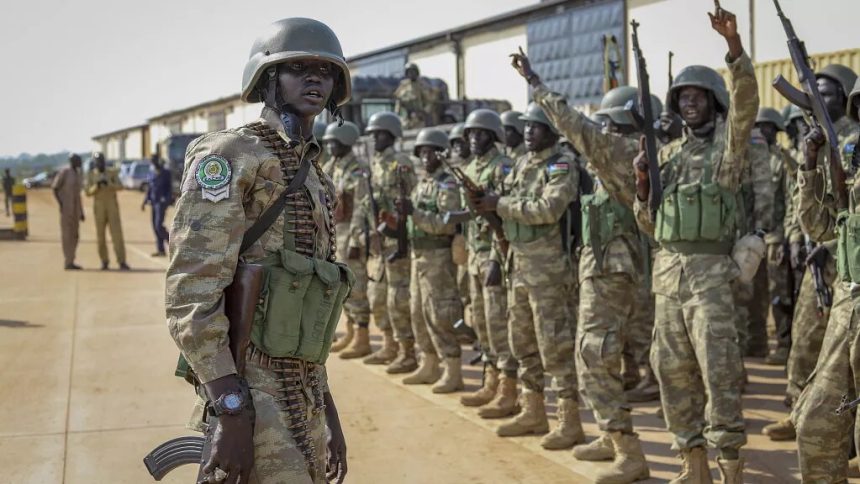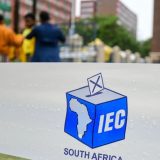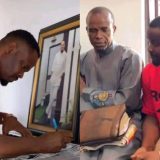The mission of the EAC forces is to calm the unrest that rebel groups have caused in the eastern DRC. Why, however, do some Congolese worry that American forces may split their nation apart?
Following the M23 rebel group’s reemergence in late 2021, the Democratic Republic of the Congo has once more been engaged in combat with them.
The seven-nation East African Community (EAC), which includes the DRC, decided to create a military force to address the problem last June after a string of failures on the front.
Kenyan military arrived in the area in November, and Burundian, Ugandan, and South Sudanese soldiers have since arrived.
They are in charge of directing the M23 fighters’ departure from the eastern DRC.
A regional force spokeswoman reported on April 3rd that Ugandan forces had retaken Bunagana, a significant town that had been overrun by the M23 rebels in June 2022.
Despite these encouraging advances, some Congolese are worried about the participation and presence of a few of their nearby neighbors in the regional army.
The Congolese doctor Denis Mukwege, who received the Nobel Peace Prize in 2018 for his work with rape victims in the area, has claimed that the EAC force is made up of “destabilizing states.”
Recently, Congolese lawmakers have requested information from the defense and foreign affairs ministers regarding the EAC force, particularly the part played by Ugandan troops. Uganda has a history of interfering in eastern Congo, which explains why.
The Uganda People’s Defence Forces (UPDF) invaded their neighbor during the first and second Congo wars, plundering resources among other atrocities (mid-1990s to 2003). In the second conflict, Burundi was one of up to nine African nations. In the eastern, mineral-rich DRC, Rwanda sponsored rebel factions.
But recent reports have increased the suspicion of Congolese people, so nothing is as it seems.
According to analysts from the UN, the Ugandan authorities seems to have ignored M23 fighters crossing the border between Uganda and the DRC in December.
Thousands of people protested the East African military presence in Goma, the commercial center in eastern DR Congo, on February 6 due to mistrust and what they saw as a lack of progress in the EAC mission.
During a press conference on April 3, the Congolese government’s spokesman Patrick Muyaya admitted “apprehensions” regarding the EAC force.
However, he emphasized that the EAC force had been sent out at the government of the Democratic Republic of the Congo’s invitation and as part of a regional effort to defuse the issue.
Using the term “balkanization,” [Editor’s Note: fragmentation of the DRC] Muyaya added, “This must not be viewed as the balkanization of the DRC.”
Residents claim that since early April, M23 fighters have left some North Kivu villages and towns.
The EAC force, which, like the UN, is unable to bring about peace and is accused of being complacent with the rebels, is also present in other cities, including those where the fighters are still active.
According to a timetable approved by the EAC, the troops would attempt to enforce the March 30th deadline that was meant to signify the end of the evacuation of “all armed groups” even if the number of the EAC force as a whole remains unknown.
The M23 rebels: who are they?
Eastern DRC is plagued by dozens of armed groups as a result of the ongoing regional conflicts from the 1990s and 2000s.
Since emerging from hibernation, one organization, the M23, has been blamed for deaths and forced hundreds of thousands of people to flee their homes.
When they briefly took control of Goma, the capital of North Kivu, in 2012 before being expelled and going to ground, the rebels first gained attention on a global scale.
In 2013, an agreement was made between the M23 rebels and the government of the Democratic Republic of the Congo.
It effectively put an end to the Kampala Dialogue, which attempted to come to a definitive, moral accord that would guarantee the M23’s demobilization and disarming as well as accountability for violations of human rights.
The rebels claimed that the Congolese government had broken its promises to demobilize and reintegrate its combatants when they picked up their weapons once more.







